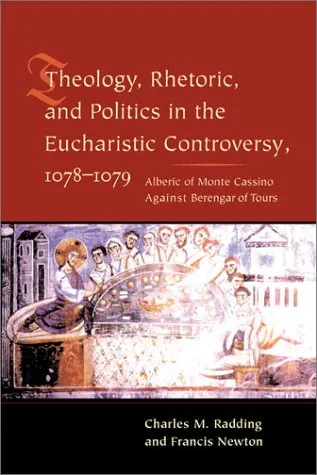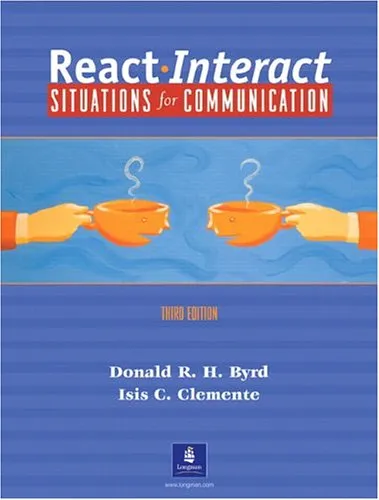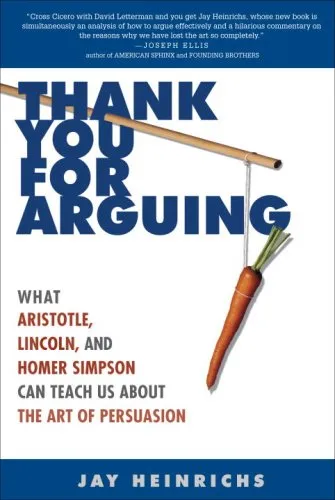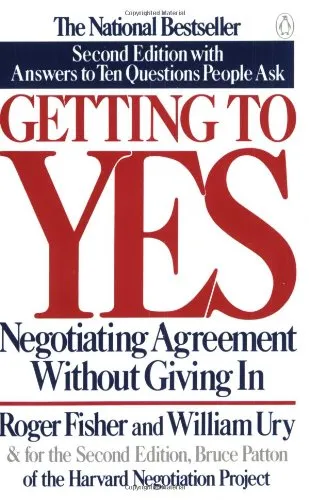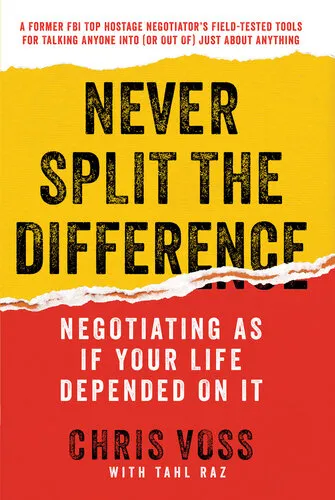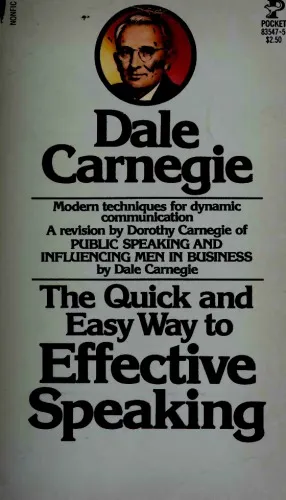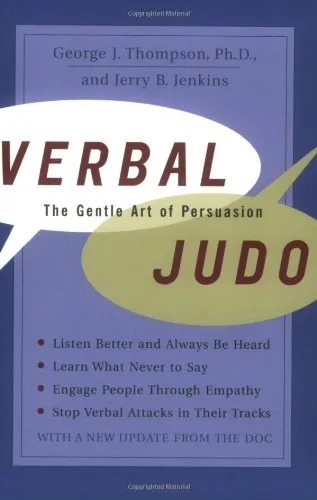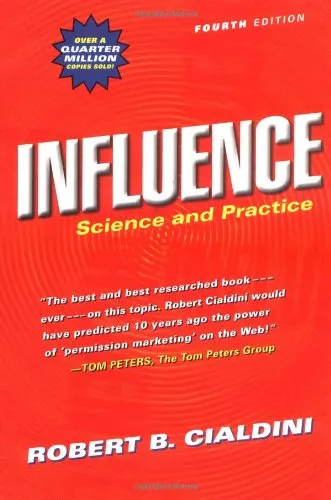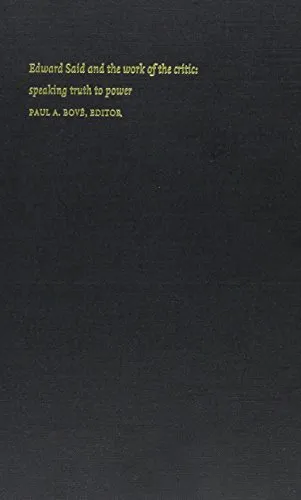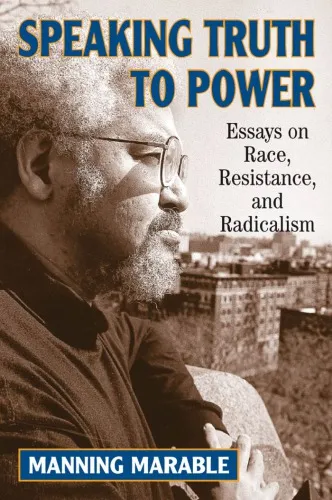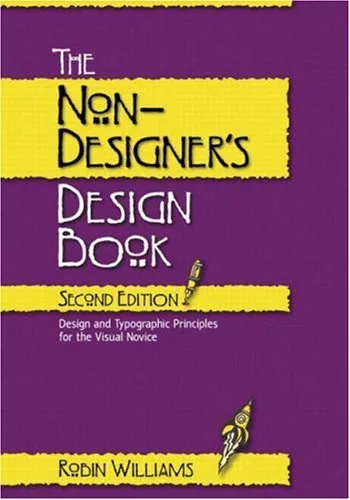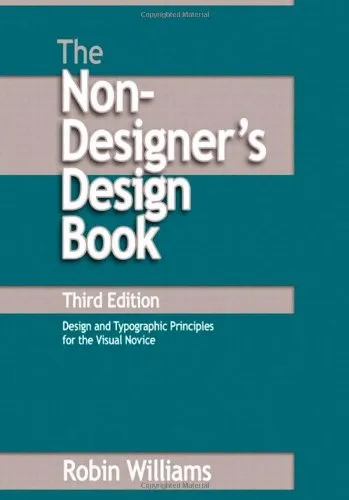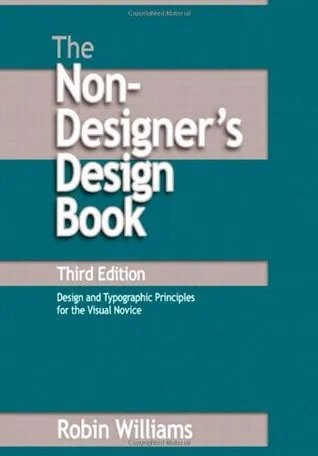Theology, Rhetoric, and Politics in the Eucharistic Controversy, 1078-1079
4.5
Reviews from our users

You Can Ask your questions from this book's AI after Login
Each download or ask from book AI costs 2 points. To earn more free points, please visit the Points Guide Page and complete some valuable actions.Related Refrences:
Introduction to "Theology, Rhetoric, and Politics in the Eucharistic Controversy, 1078-1079"
"Theology, Rhetoric, and Politics in the Eucharistic Controversy, 1078-1079" is a profound exploration of one of the most pivotal moments in medieval intellectual history. Authored with exceptional scholarly depth, this book examines the complex theological debate between Berengar of Tours and Lanfranc of Canterbury over the doctrine of the Eucharist—a debate that captivated the ecclesiastical and political landscape of the late 11th century. Through a meticulous study of the primary sources, the book investigates the interplay of theology, rhetorical strategies, and political dynamics that shaped this controversy, offering readers a nuanced understanding of its significance in both religious and secular contexts.
Detailed Summary of the Book
At the heart of this book lies an intricate analysis of the Eucharistic controversy that unfolded between 1078 and 1079. Berengar of Tours, a theologian known for his critical approach to Church doctrine, questioned the prevailing notion of transubstantiation—the transformation of bread and wine into the body and blood of Christ during the Eucharist. His views sparked intense objections from Lanfranc of Canterbury, a leading theologian and church leader, who adhered strictly to orthodoxy.
The book meticulously dissects the theological arguments from both sides, illustrating how Berengar's logical reasoning clashed with Lanfranc's dogmatic assertions. It delves deeply into medieval theological frameworks, highlighting how the debate was shaped not only by theological questions but also by rhetorical styles. Berengar's emphasis on dialectic reasoning is juxtaposed with Lanfranc's reliance on authority and scriptural interpretations, showcasing how arguments were crafted and contested.
Beyond theology, the book examines the political context surrounding the controversy. It uncovers the role of the papacy, which sought to assert its influence over theological disputes to unify Christendom. This backdrop reveals that the Eucharistic controversy was intertwined with broader struggles for control and hegemony within the Church. By contextualizing theology within the socio-political landscape of the time, "Theology, Rhetoric, and Politics in the Eucharistic Controversy, 1078-1079" adds a valuable dimension to our understanding of medieval intellectual history.
Key Takeaways
- The book highlights the intrinsic connections between theology, rhetoric, and political imperatives in shaping medieval controversies.
- It provides a detailed examination of how medieval scholars and theologians utilized various methods of argumentation—dialectics, scripture, and Church authority—to defend their positions.
- The Eucharistic controversy serves as a lens to explore the tension between tradition and intellectual inquiry within the medieval Church.
- The role of the papacy and Church councils in mediating theological disputes is critically analyzed.
- The book underscores the importance of understanding historical debates in their wider cultural and political contexts to fully grasp their significance.
Famous Quotes from the Book
"The Eucharistic controversy of 1078-1079 was not merely a battle of abstract theology; it was a contest of power, interpretation, and authority woven into the fabric of the medieval Church."
"In Berengar’s questioning, we witness the essential tension between reason and tradition, a dynamic that has shaped theological discourse across centuries."
Why This Book Matters
"Theology, Rhetoric, and Politics in the Eucharistic Controversy, 1078-1079" is not just a detailed historiographic account of a singular religious debate but a sweeping study that resonates across disciplines, from theology and philosophy to political science and cultural studies. By investigating how intellectual disputes were influenced by broader societal forces, the book offers invaluable insights into the functioning of medieval institutions and their enduring impact on Western thought.
For modern readers, the book serves as a reminder of the enduring importance of critical inquiry in the face of orthodoxy and the necessity of understanding intellectual challenges within their historical contexts. Aspiring theologians, medievalists, and scholars in related fields will find this text to be an indispensable resource that bridges historical scholarship with enduring questions of faith, reason, and power.
Free Direct Download
You Can Download this book after Login
Accessing books through legal platforms and public libraries not only supports the rights of authors and publishers but also contributes to the sustainability of reading culture. Before downloading, please take a moment to consider these options.
Find this book on other platforms:
WorldCat helps you find books in libraries worldwide.
See ratings, reviews, and discussions on Goodreads.
Find and buy rare or used books on AbeBooks.
1177
بازدید4.5
امتیاز0
نظر98%
رضایتReviews:
4.5
Based on 0 users review
Questions & Answers
Ask questions about this book or help others by answering
No questions yet. Be the first to ask!
